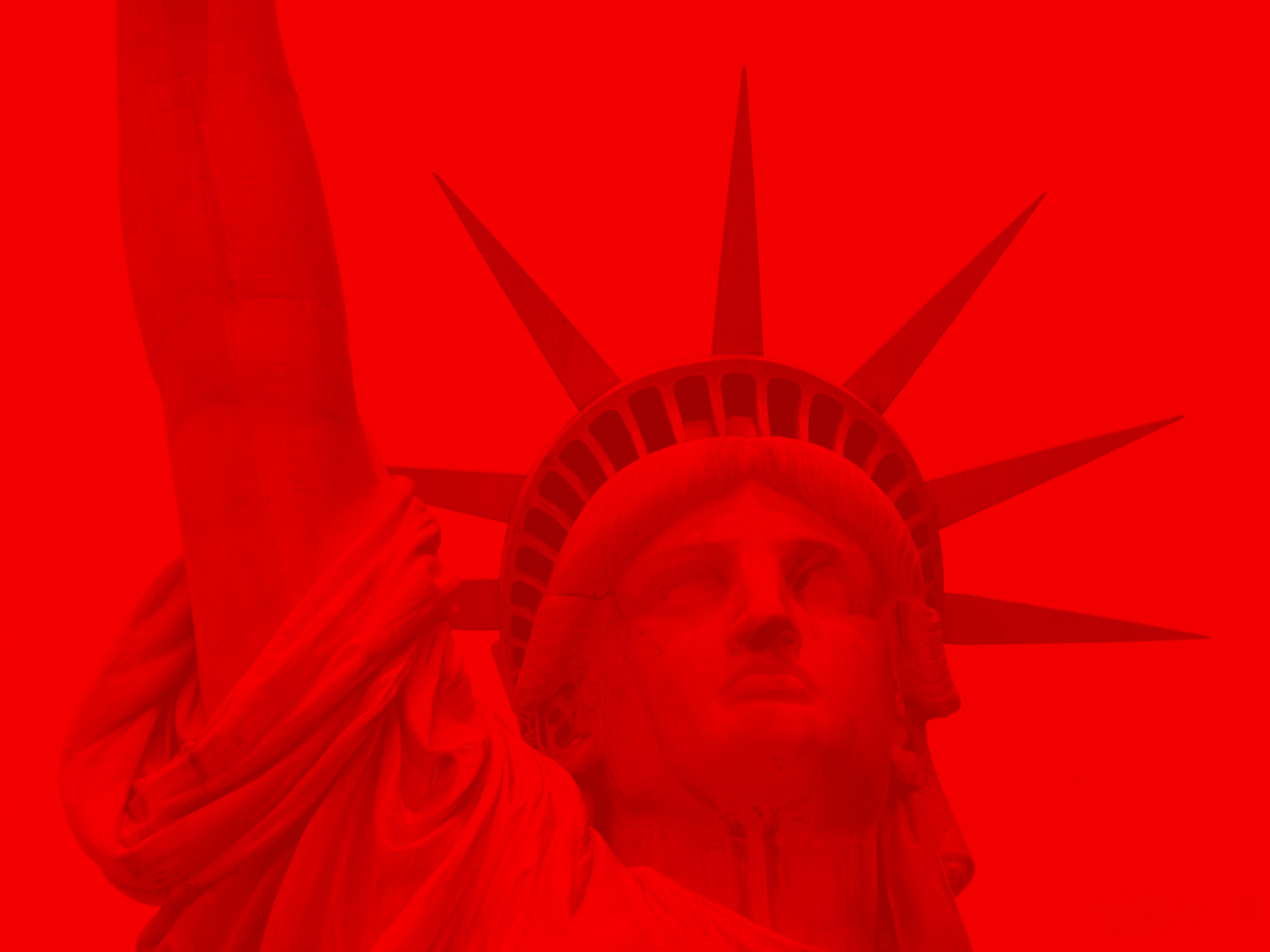As the ongoing demonstrations in Serbia have shown, Serbian politics are intensely polarized by rival factions.
On the far-right, we find numerous religious-nationalist actors raging against the West and pressuring President Aleksandar Vucic to expand ties with Russia, reverse the country’s path to the EU and partnership with NATO, and take assertive action to protect the Serbian community in Kosovo.
Liberal forces, smaller by comparison, advocate for Serbia’s immediate alignment with EU foreign policy and rejection of domestic policies demanded by conservative and far-right groups. So, it is no surprise that Serbia’s media ecosystem is no less polarized, if not toxic.
Weaponized, Not Independent
On one side stand pro-government tabloids and broadcasters, who routinely depict Vucic as the bulwark against liberal meddling and play to nationalist, socially conservative, and pro-Russian audiences. These outlets often overcompensate to protect Vucic’s “right flank,” working to help his ruling party prevent defections of nationalist voters to far-right parties that oppose any accommodation with the West. Many of these organizations have been penetrated or suborned by Russian or Russian-backed funding.
On the other side are the corporation United Media’s outlets: N1, Nova, and Danas. They are often labeled “independent,” yet their editorial line is less about independence than opposition. Their journalism frequently defaults to criticizing Vucic in ways that mirror partisan attack politics.
Press War
In this highly charged environment, the leak of a secretly recorded phone call between Telecom Serbia’s chief executive and a United Media executive has set off a storm in Belgrade.
In the recording, published by the Organized Crime and Corruption Reporting Project (OCCRP), the two allegedly discussed removing an executive at United Media’s N1 television station at Vucic’s request. Anti-government outlets seized on the tape as proof of political interference in the press, while pro-government outlets blasted it as illegally obtained and edited.
The controversy underscores a deeper truth about Serbia’s information environment: the media landscape is as polarized as Serbian society. Just as divisions between nationalists and liberals polarize Serbia, the press splits into two bitter camps - one aligned with the government, the other against it.
Russian Influence
While United Media outlets often frame their coverage with pro-Western or liberal arguments, they at times lean on Russian voices when it serves the goal of undermining Vucic - highlighting the opportunistic nature of their editorial stance.
For instance, in July, N1 and Nova both reported prominently on an attack against Vucic by Vladimir Putin’s favorite ideologue, Aleksandr Dugin, who announced that the Serbian President had lost the support of the Serbian people and that the protests would make “Vucic disappear somewhere.” Danas published commentary quoting Russian outlets making similar arguments, portraying Vucic as betraying Serbia’s partnership with Russia.
In another example, United Media outlets amplified a statement from Russia’s foreign intelligence service (SVR) at the end of May that criticized Vucic over covert Serbian arms shipments to Ukraine, stating that the Serbian state-owned defense industry had provided weapons to Ukraine “to kill and maim Russian servicemen and civilians.” Reports have indicated that Serbia had, at one time, supplied roughly one-third of all European munitions delivered to Ukraine to defend itself against Russia’s ongoing invasion.
For Vucic, this charge represented a political liability at home, where nationalists and pro-Russian segments of society opposed such support. Rather than praise Serbian support for Ukraine, United Media outlets, aware of Vucic’s political vulnerability on the matter, appear to leverage the issue to further weaken him.
Kosovo and Domestic Issues
United Media outlets at times also echo nationalist talking points on other issues. A recurring theme is Kosovo: N1, Nova, and Danas have frequently written articles that portray Vucic as being weak in defending Serbia’s position, not doing enough to protect the rights of Serbs in Kosovo, or even preparing to “sell out” national interests. These charges are typically heard from Serbia’s nationalist opposition.
They have also surfaced in the ideologically mixed anti-government demonstrations that have run in Serbia for nearly a year, where pro-Western protesters are joined by anti-Western, nationalist protesters who denounce Vucic as a “traitor” for his handling of Kosovo and general subservience to the West.
No Neutral Ground
The issue isn’t that Serbia’s opposition media are more problematic than the pro-government outlets, but that the country lacks genuinely independent journalism. Pro-government outlets function as guardians of the ruling party’s nationalist credentials, while anti-government outlets under United Media operate less as neutral journalists than as political actors in their own right. Each side treats journalism as a weapon - one to defend power, the other to chip away at it.
For Washington and Brussels, this reality presents a sobering challenge. European Union membership, which Serbia seeks, is contingent not just on economic reforms but also on demonstrating that rule of law and free institutions can flourish. So long as Serbia’s press operates primarily as an extension of partisan political or business interests, whether pro- or anti-government, that standard will remain unmet.
The wiretap scandal may dominate headlines today, but the larger story is one of entrenched media capture. Serbia does not lack media voices; it lacks independent ones. Until that changes, Serbia’s path to Europe will remain uncertain.


